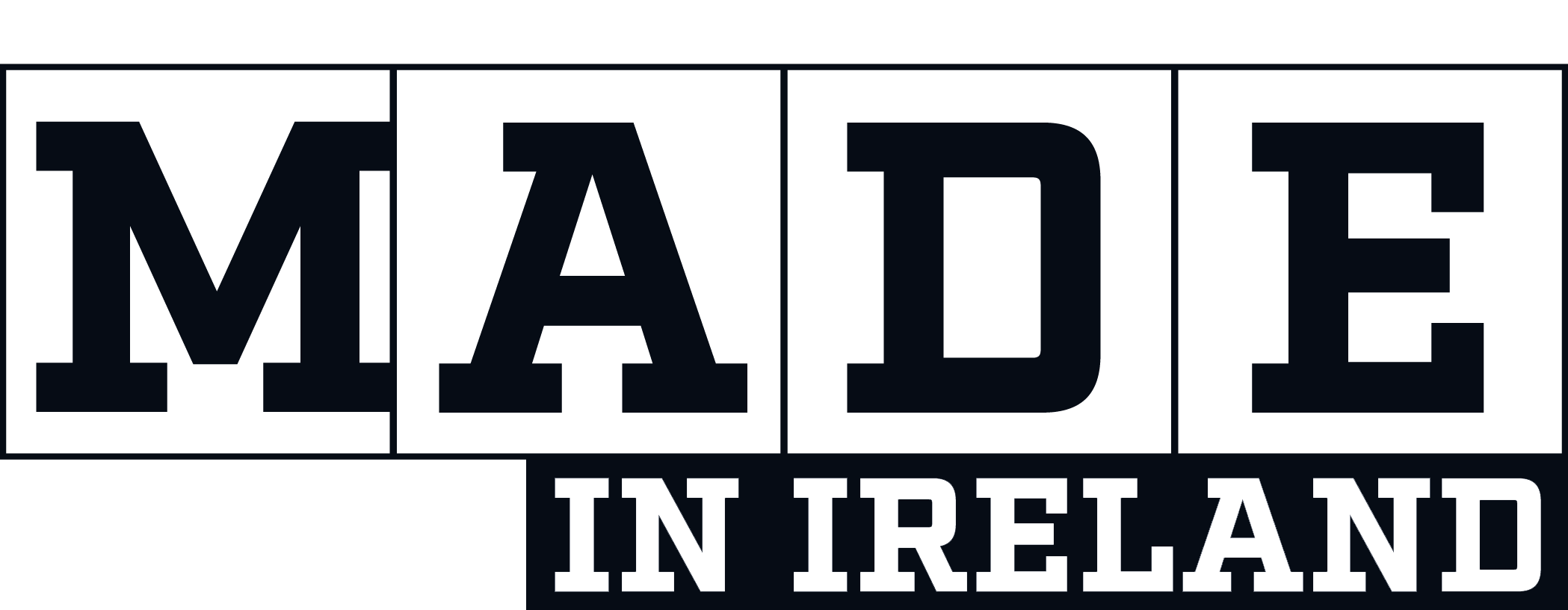The £46m scheme is part of the economy minister's plan to boost poor productivity. One aspect of Northern Ireland's productivity problem is its relatively low rate of investment.
The new grants' scheme aims to encourage investment by covering up to 35% of the cost of new equipment. It should unlock around £300m of private sector spending over the next four years.
The scheme is being run by the economic development agency Invest NI.
Its Chief Executive Kieran Donoghue said: "The aim of this new initiative is to improve the overall competitiveness of Northern Ireland's agri-food and drink processing sector.
"To this end, we are particularly seeking projects which are innovative and demonstrate how they will improve the productivity and sustainability of the business."
Productivity is a measurement of how much economic output is created by each job or each hour of work. Over the long term, increased productivity is needed for an improvement in living standards.
Since the financial crisis of the late 2000s, the UK has suffered from weak productivity growth and Northern Ireland has usually been the least productive part of the UK. The major drivers of productivity are workers' skills, investment in the tools they need to work with like factory machines, and the adoption of the newest technologies.
Classic Mineral Water in Lurgan is an example of a business which has invested to grow. Its owner and chief executive Liam Duffy has overseen £10m of investment in new buildings and production equipment in the last four years.
He said that has allowed the business to increase its product range and win new business, as well as helping deal with the effects of a competitive labour market. Unemployment in Northern Ireland is at a record low and businesses are facing a struggle to recruit enough workers.
"There is a skills shortage," Mr Duffy added. "You have to invest in technology and automation to allow you to fill that gap."










